- Write by:
-
Wednesday, July 13, 2022 - 14:09:13
-
515 Visit
-
Print
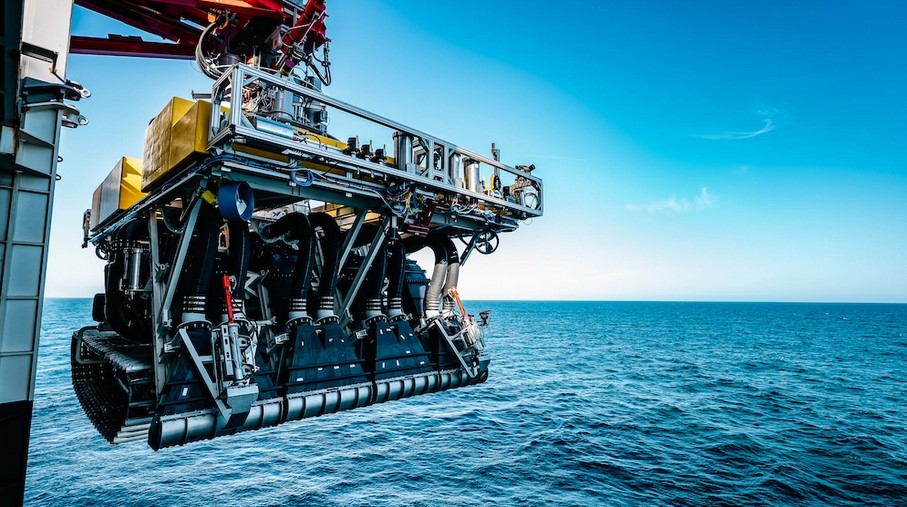
Mining News Pro - The Metals Company (Nasdaq: TMC) announced Tuesday that its Australian subsidiary, The Metals Company Australia Pty Ltd., has entered into a research funding agreement with a consortium of institutions led by Australia’s Commonwealth Scientific Industrial Research Organisation (CSIRO) to create a framework for the development of an ecosystem-based management and monitoring plan (EMMP) for its proposed deep-sea polymetallic nodule collection operations in the Clarion Clipperton Zone (CCZ) of the Pacific Ocean.
Mining international waters is in the spotlight as companies and countries are looking at minerals concentrated on the ocean floor that can be used in batteries for smart phones and electric vehicles. Last year, TMC said the nodule resource is now estimated at four megatons (Mt) measured, 341Mt indicated and 11Mt inferred mineral resources.
The CSIRO-led consortium, which includes leaders in the development and application of effective EMMPs in a diversity of marine areas, will leverage TMC’s environmental baseline data — acquired in the NORI project area in the CCZ — to help develop appropriate indicators and tolerance limits to create safe parameters for collecting seafloor nodules, the company said in a news release.
The work will form the scientific foundation of TMC’s future Adaptive Management System (AMS), a predictive system that will use environmental and operational data to enable the company to mitigate operational impacts in the deep-sea environment as much as possible.
A core component of this system, the company said, will be the Digital Twin, which is expected to provide scenario testing of seafloor mine plans, monitoring of nodule collection operations and a dashboard for review by stakeholders.
“Last year our subsidiary, NORI, completed environmental baseline studies in partnership with leading marine research institutions,” Gerard Barron, CEO of The Metals Company, said in the statement.
“We’ve now got one of the world’s most extensive deep-sea datasets to hand over to the CSIRO-led consortium, experts with the practical experience we need to develop a scientifically robust framework for a marine ecosystem-based management program for NORI-D.”
Environmentalists have called for a ban on deep-seabed mining that would extract resources including copper, cobalt, nickel, zinc, lithium, and rare earth elements from nodules on the ocean floor.
Development of technologies to collect polymetallic nodules first began in the 1970s when oil, gas and mining majors including Shell, Rio Tinto (Kennecott) and Sumitomo successfully conducted pilot test work in the Clarion Clipperton Zone (CCZ) of the Pacific Ocean, recovering over ten thousand tonnes of nodules, TMC said.
The polymetallic nodule fields in the CCZ of the Pacific represent the largest known, undeveloped nickel resource on the planet.
The Metals Company said it has invested significant resources in its deep-sea environmental baseline program, and in November 2021 the company entered into an agreement with Kongsberg Digital to develop a Digital Twin.
As TMC prepares for pilot nodule collector system trials in the CCZ later this year, the CSIRO-led research project will propel the development of a management plan focussed on the cumulative impacts of collecting nodules at a regional scale within the CCZ to enable TMC to operate within safe ecological limits, it said.
The company expects to employ the science-based framework developed by the CSIRO-led consortium in the Adaptive Management System — which will also draw on expert opinion and machine learning to improve operational efficiencies and reduce the uncertainty of environmental impacts over time — ahead of planned commercial operations expected to commence in 2024.
Short Link:
https://www.miningnews.ir/En/News/621735

Interros, Nornickel’s largest shareholder, on Monday called allegations by fellow shareholder Rusal about undervalued ...
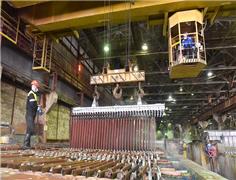
The London Metal Exchange (LME) on Saturday banned from its system Russian metal produced on or after April 13 to comply ...
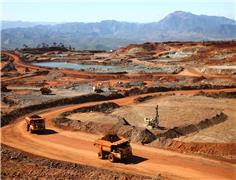
French mining group Eramet said on Wednesday it had reached an agreement with the French government to continue its ...
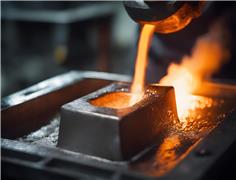
Copper jumped to its highest intraday price since January 2023 as the bellwether industrial metal faces rising tighter ...

A US and European Union push to reach an accord on fostering critical mineral supply chains is set to miss another ...
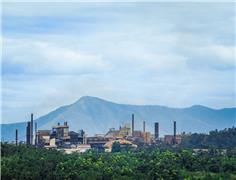
Indonesia’s mining minister on Wednesday said divestment of Vale Canada Ltd and Sumitomo Metal Mining Co. Ltd’s shares ...

The United States speaks regularly with the Democratic Republic of Congo’s state miner Gecamines, a senior State ...
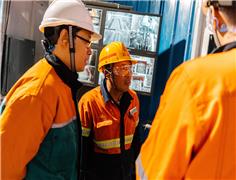
Battery metal prices are on the floor, and massive expansions by Chinese miners have been instrumental in driving them ...
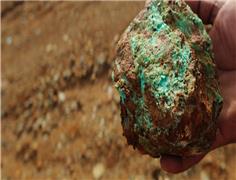
Indonesian state-controlled miner Aneka Tambang (Antam) aims to launch the construction of two nickel processing ...
No comments have been posted yet ...